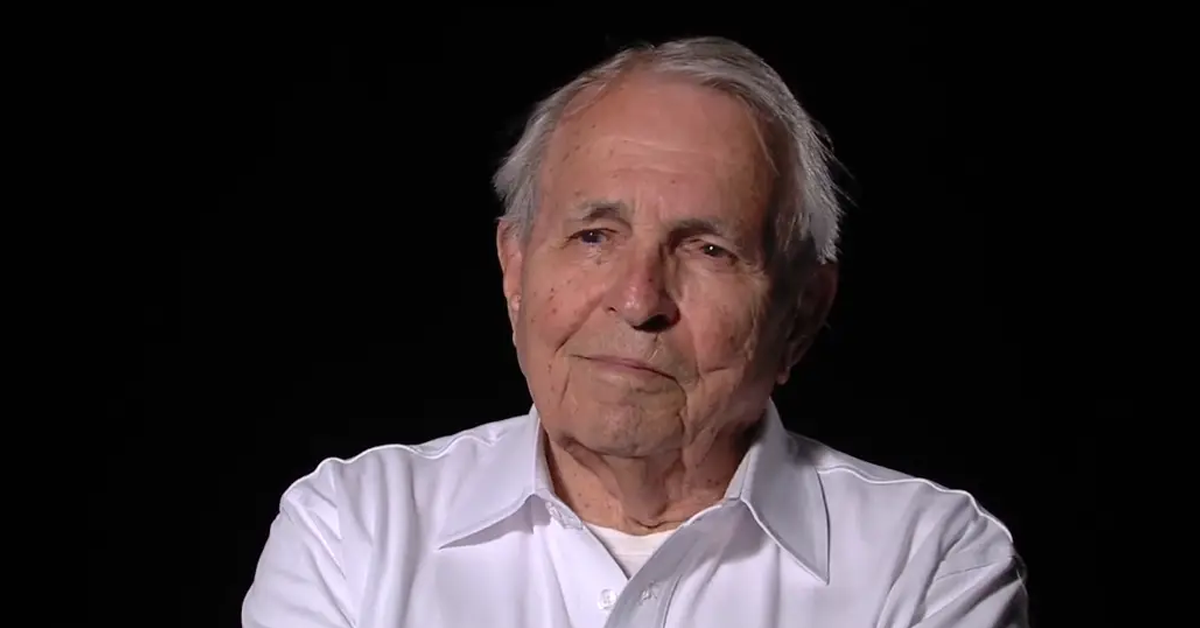California’s water issues are receiving heightened attention from Federal lawmakers, particularly with the powerful House Committee on Natural Resources.
Tuesday, that discussion made its way to the Central Valley as the Subcommittee on Water, Wildlife and Fisheries held a field hearing in Tulare to discuss two proposed bills that would change how California’s water management system and endangered fish are managed.
The hearing even managed to coin a new nickname for California Gov. Gavin Newsom.
Driving the news: Representatives David Valadao (R–Hanford), John Duarte (R–Modesto) and Tom McClintock (R–Elk Grove) welcomed Committee Chairman Bruce Westerman (R–Ark.) and Subcommittee Chairman Cliff Bentz (R–Ore.) for a tour of Friant Dam in the morning, after which they traveled down to Tulare to tour a local dairy farm.
- After both tours concluded the Republican members of the Subcommittee on Water, Wildlife and Fisheries welcomed Valadao and Rep. Jim Costa (D–Fresno) to join a hearing on Valadao’s WATER for California Act and the FISH Act, which was introduced by Rep. Ken Calvert (R–Corona).
The big picture: The Working to Advance Tangible and Effective Reforms (WATER) Act would codify the 2019 biological opinions that govern the State Water Project and Central Valley Project. Those opinions are under attack by President Joe Biden’s administration, which is trying to revert the opinions to the previous rules that were put in place in 2008 and 2009.
- The Federally Integrated Species Health (FISH) Act – which is cosponsored by Costa, among others – would give the Fish and Wildlife Service the sole authority to protect endangered or threatened species that spawn in fresh water and migrate to the ocean and vice versa. The National Marine Fisheries Service currently shares authority with the Fish and Wildlife Service.
State of play: While bipartisan with Costa’s presence, Tuesday’s subcommittee hearing did not have any further Democratic support. The Biden Administration declined to send any witnesses when invited to and instead submitted written opposition to both bills.
What they’re saying: Duarte took part of his allotted time to christen Newsom with a new nickname as the governor has recently traveled across the country: Woke Moses.
- “Look at Woke Moses, our governor,” Duarte said. “He goes to Florida and wants to stem the U-Haul tide. Well I can tell Woke Moses how to stem the U-Haul tide: Build water infrastructure. Let California’s economy and people thrive again. Feed the world. That’s how we do it.”
- Friant Water Authority CEO Jason Phillips hosted the Congressional Delegation for the morning tour and later testified in the hearing, saying the authority supports both the WATER for California Act and the FISH Act.
- Phillips said that while California’s water management system was originally designed to deal with the volatile hydrology that the state routinely experiences from year-to-year, decisions by bureaucrats over the last three decades that are not based on any new laws have prevented the state’s water infrastructure from operating the way it was intended to.
- “These decisions continue to be undertaken in many instances because unelected agency staff continue to be delegated the responsibility for being the final decision makers on probably the most significant public policy issue we face in the State of California: How to best manage the state’s limited water resources,” Phillips said.
- Testifying before the panel, Westlands Water District director William Bourdeau called on lawmakers to approve the pair of bills to strengthen the resiliency of the state in the face of fluctuating conditions.
- “The state continues to grapple with rapid hydrological changes, as atmospheric rivers deliver much-needed rainfall and snowpack following three of the driest years in California’s recorded history reaches record levels,” Bourdeau said. “Managing flood risk and efficiently capturing and transporting this water to where it is needed remain daunting tasks. “










